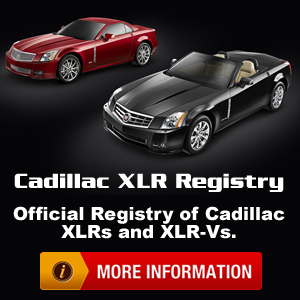Hello all, I'd like to introduce myself. I am an avid auto enthusiast who enjoys extracting power out of unique platforms. I am in the midst of purchasing a 2006 XLR - V and I had the dealership perform a compression test for me.
I located compression stat results on this site. I have the LC3 documented as between 131 - 158 psi. I assume that is on a warm engine, I am curious to know if anyone can verify results they have seen on an 80k plus engine.
The results I was given are dismal if peformed correctly and I probably need to reconsider the purchase, cylinders 4,6,7 came in at 125 and all others came in @ 120. I am guessing this may have been on a cold engine, but I assume a cadillac tech knows the proper steps for a compression test.
I located compression stat results on this site. I have the LC3 documented as between 131 - 158 psi. I assume that is on a warm engine, I am curious to know if anyone can verify results they have seen on an 80k plus engine.
The results I was given are dismal if peformed correctly and I probably need to reconsider the purchase, cylinders 4,6,7 came in at 125 and all others came in @ 120. I am guessing this may have been on a cold engine, but I assume a cadillac tech knows the proper steps for a compression test.




